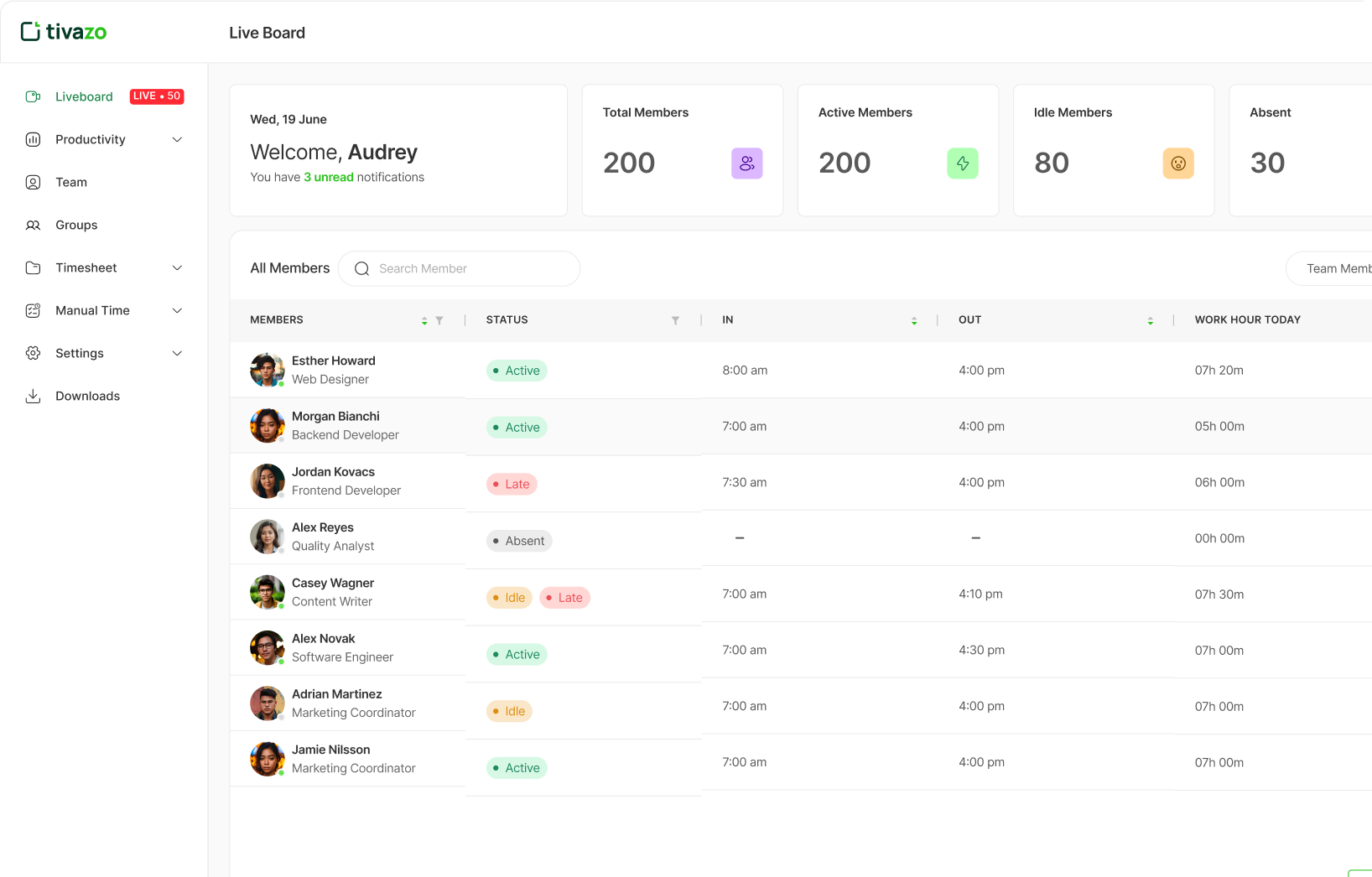Minimum wages
Search Minimum Wages in Different Region
Labour Laws Around the World: A Comprehensive Guide
1. North America
United States
- Overview: U.S. labour laws are governed by both federal and state regulations.
- Key Regulations:
- Fair Labor Standards Act (FLSA): Establishes minimum wage, overtime pay, and child labour protections.
- Occupational Safety and Health Act (OSHA): Ensures safe working conditions.
- Family and Medical Leave Act (FMLA): Grants eligible employees up to 12 weeks of unpaid leave for family or medical reasons.
- Notable Feature: At-will employment, meaning employees can be dismissed for any reason not explicitly illegal.
Canada
- Overview: Canadian labour laws are determined by both federal and provincial governments.
- Key Regulations:
- Canada Labour Code: Governs industries under federal jurisdiction, including minimum wages, work hours, and safety standards.
- Employment Standards Act (ESA): Provincial regulations cover wage, hours, vacation, and leaves.
- Notable Feature: Strong protections for parental and maternity leave.
2. Europe
United Kingdom
- Overview: UK labour laws ensure a balance between employee rights and employer responsibilities.
- Key Regulations:
- Employment Rights Act (ERA): Covers employment contracts, unfair dismissal, and redundancy.
- National Minimum Wage Act: Sets minimum wage rates for various age groups.
- Working Time Regulations: Limits weekly working hours to 48 unless an employee opts out.
- Notable Feature: Workers are entitled to at least 28 days of paid leave annually.
Germany
- Overview: Germany’s labour laws are known for their worker-friendly policies.
- Key Regulations:
- Arbeitszeitgesetz (Working Hours Act): Sets maximum working hours and rest periods.
- Bundesurlaubsgesetz (Federal Vacation Law): Employees are entitled to at least 24 working days of paid vacation annually.
- Kündigungsschutzgesetz (Dismissal Protection Act): Provides robust protections against unfair dismissal.
- Notable Feature: The co-determination system allows workers to participate in company decisions.
3. Asia
India
- Overview: India’s labour laws are complex, with several acts governing different aspects of employment.
- Key Regulations:
- The Industrial Disputes Act: Regulates industrial action and worker disputes.
- The Minimum Wages Act: Ensures fair wage standards across sectors.
- The Factories Act: Focuses on the health, safety, and welfare of factory workers.
- Notable Feature: The new labour codes introduced in 2020 simplify and consolidate over 40 central laws.
Japan
- Overview: Japan has a blend of traditional and modern labour regulations.
- Key Regulations:
- Labour Standards Act: Defines working hours, overtime, and wage requirements.
- Employment Contracts Act: Governs fixed-term employment and contract regulations.
- Industrial Safety and Health Act: Ensures workplace safety.
- Notable Feature: Japan has one of the world’s strictest regulations on overtime work.
4. Middle East
United Arab Emirates (UAE)
- Overview: Labour laws in the UAE are guided by federal law and cater mainly to expatriate workers.
- Key Regulations:
- Federal Labour Law No. 8: Covers working hours, annual leave, termination, and end-of-service benefits.
- Ministerial Decrees: Frequently updated to provide clearer guidance on worker rights.
- Notable Feature: End-of-service gratuity based on the length of employment.
Saudi Arabia
- Overview: Saudi labour laws apply to both Saudi nationals and foreign workers, with special emphasis on fair treatment.
- Key Regulations:
- Saudi Labour Law: Outlines rules on employment contracts, wages, overtime, and termination.
- Nitaqat Program: Promotes employment of Saudi nationals in the private sector.
- Notable Feature: Strict regulations on working hours during Ramadan.
5. Africa
South Africa
- Overview: South African labour laws aim to address past inequalities and provide strong worker protections.
- Key Regulations:
- Basic Conditions of Employment Act (BCEA): Sets minimum standards for working hours, leave, and termination.
- Labour Relations Act (LRA): Promotes collective bargaining and regulates unfair dismissal.
- Employment Equity Act: Ensures non-discrimination in the workplace.
- Notable Feature: Strong focus on preventing workplace discrimination and promoting diversity.
Conclusion
Start For free, and it's forever
Optimize your workflow with Tivazo's platform, built for seamless task management and maximum efficiency.

